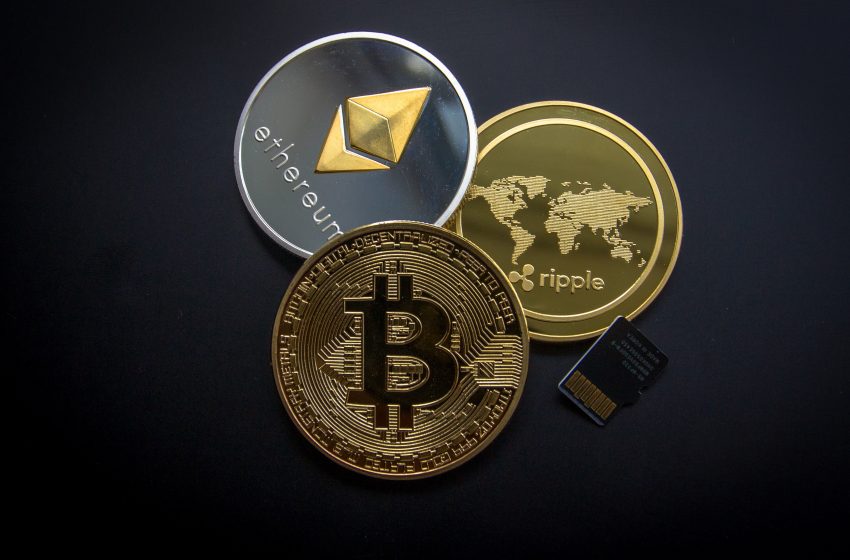Having gained the interest of the majority – population and investors– countries are beginning to make provisions for the establishment of their digital currencies where their citizens can trade on a ‘regulated’ platform.
The growth of cryptocurrency has been hindered in several countries after claims that the platforms can not be regulated or negates certain financial laws and practices in the country.
Twentyten Daily had reported that eight countries had cracked down on the operation of crypto trading, including Nigeria.
However, while several countries weighed the options of controlling digital trading platforms, there are moves by some countries to create their digital coin, regulated by the financial institution or body of the country.
Countries That Have Launched Cryptocurrency
In 2015, Ecuador, after a move to ditch its stumbling currency for the U.S. dollar in 2000, revamped its monetary system using digital currencies.
The Ecuadorean government says the scheme is designed to support its dollar-based monetary system, not replace it.
China in 2021, created its digital currency. The cyber yuan stands to give Beijing power to track spending in real-time, plus money that is not linked to the dollar-dominated global financial system.
Also, the Central Bank of Tunisia announced that ‘E-dinar’ was officially launched in test form at the Forex Club of Tunisia, with a symbolic transfer of one dinar between the head of the central bank, Marouane El Abassi, and a representative of the International Monetary Fund (IMF).
Senegal launched a blockchain-based national digital currency known as eCFA, the digital currency is legal tender with the same value as the current currency, the CFA Franc.
In Singapore, DBS Group Holdings, Southeast Asia's biggest bank, set up an exchange for digital assets, including cryptocurrencies, that will provide tokenisation, trading and custody services to institutional and accredited investors.
The tokenisation process represents converting rights to an underlying asset class such as shares of unlisted companies and private equity funds into a unique digital form, which then becomes eligible for trading.
DBS said Singapore Exchange will take a 10% stake in the digital exchange, while the rest will be owned by the bank.
However, other countries looking forward to establishing their digital coin include Estonia, Japan, Palestine, Russia, Sweden.
In Africa, Nigeria Ivory Coast, Benin, Mali, Burkina Faso, Mali, Niger, Togo, Guinea Bissau.

